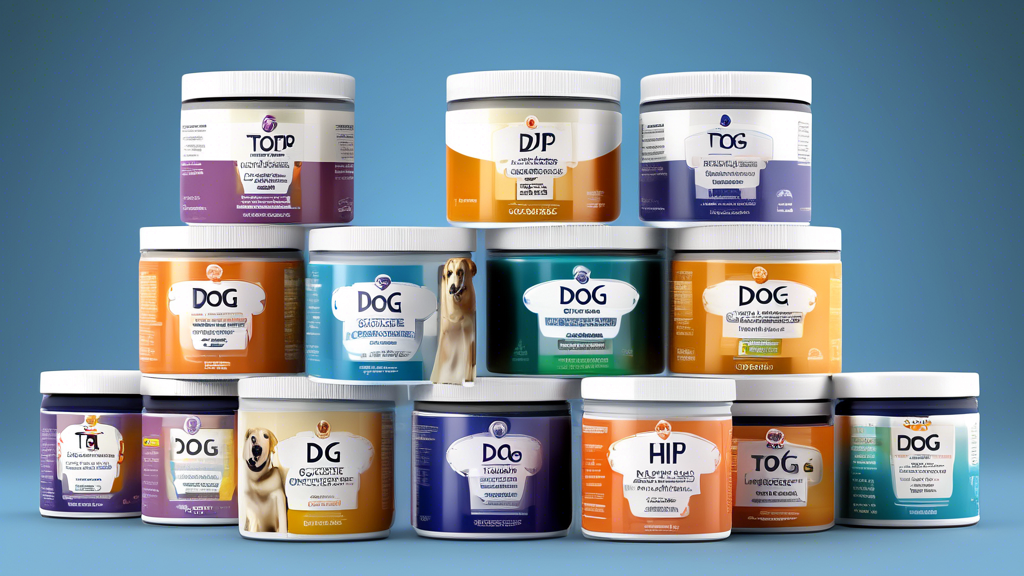Hip dysplasia is a common condition in dogs, especially in larger breeds, where the hip joint doesn’t form properly and can lead to pain, arthritis, and decreased mobility. While there are various treatment options available, including surgery and medications, many pet owners are turning to supplements to help manage the symptoms of hip dysplasia and improve their dog’s quality of life.
Glucosamine
One of the most popular supplements for hip dysplasia in dogs is glucosamine. Glucosamine is a natural compound that helps support joint health by promoting the formation of cartilage and lubricating the joints. It can help reduce inflammation, improve mobility, and alleviate pain associated with hip dysplasia.
Chondroitin
Chondroitin is often combined with glucosamine in supplements for hip dysplasia. Chondroitin sulfate helps enhance the effects of glucosamine by promoting cartilage repair and reducing inflammation in the joints. It can also help slow down the progression of arthritis in dogs with hip dysplasia.
Omega-3 Fatty Acids
Omega-3 fatty acids, such as EPA and DHA, are known for their anti-inflammatory properties and can help reduce pain and stiffness in dogs with hip dysplasia. These essential fatty acids also support overall joint health and can improve mobility and quality of life for dogs struggling with hip dysplasia.
Methylsulfonylmethane (MSM)
MSM is a sulfur compound that is believed to help reduce inflammation and pain in dogs with hip dysplasia. It can also support joint health by promoting cartilage repair and improving flexibility. MSM is often found in joint supplements for dogs and can be beneficial in managing the symptoms of hip dysplasia.
Turmeric
Turmeric is a natural anti-inflammatory agent that can help reduce pain and inflammation in dogs with hip dysplasia. Curcumin, the active ingredient in turmeric, has powerful antioxidant properties and can support joint health by protecting cartilage from damage. Including turmeric in your dog’s supplement regimen may help alleviate symptoms of hip dysplasia.
Before starting your dog on any supplements for hip dysplasia, it’s essential to consult with your veterinarian. They can provide guidance on the best supplements for your dog’s specific needs and ensure that the supplements won’t interact with any medications your dog may be taking. With the right combination of supplements, proper diet, exercise, and veterinary care, you can help manage your dog’s hip dysplasia and improve their quality of life.

